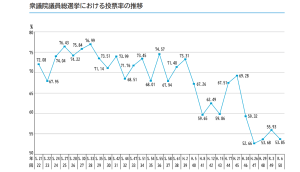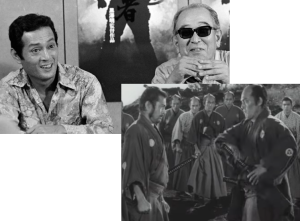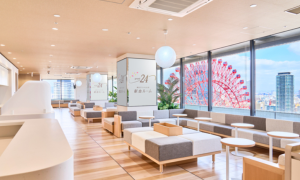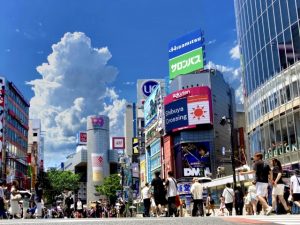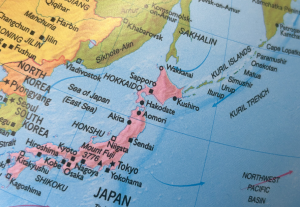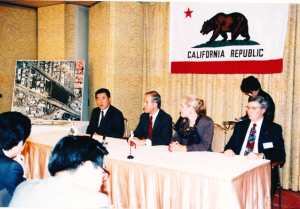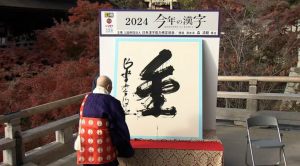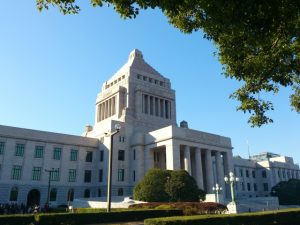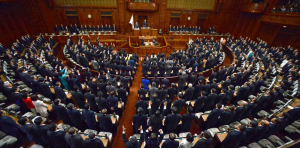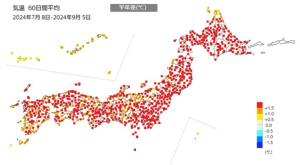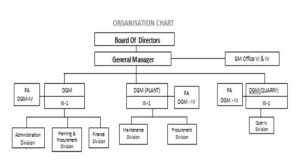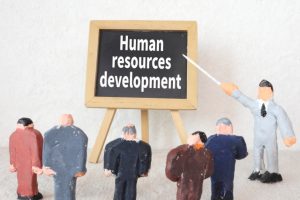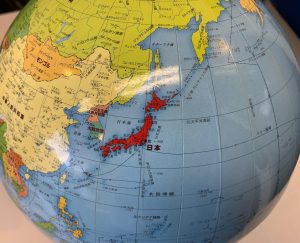Re: A news item and subject which I just want to check out (79) February 10, 2023
As Risshun, February 4, is translated as “the first day of spring” in English, it was time to feel the signs of spring in some way. Japan Meteorological Agency has already announced cherry blossom forecast on January 26. According to this, it is normal or earlier than normal in north Japan and east Japan, and it is normal or later than normal in west Japan this year. To put it completely, it is predicted that flowering will be around March 21 in Tokyo and around March 28 in Osaka.
What I choose first in this week’s topics is a great achievement by Mr. Shingo Kunieda who won a total of 28 times in wheelchair tennis men’s singles four major tournament and 4 gold medals in the Paralympics, and accomplished “lifetime golden slam”. I pay close respect to his fortitude. It seems like Japanese government has decided to give the People’s Honor Award to him, celebrating his long service as the first person in para-sports.
By the way, Japan is considered to be a developed country, but is not a country that is kind to not to mention people with disabilities but also to elderly people. There are many places where there are no escalators even at stations in the city center, and going up and down stairs is hard. And because there is no protective fence on the station platform, people with blind disabilities who lose their lives will not stop.
In the United States, it may differ by state, but according to my real experience, commercial buildings with two or more floors are required to have elevator installation at least in California. I can’t help but feel the difference in consideration for people with disabilities and elderly people between Japan and the United States.
■■This week was another week full of thoughts.
■The movement to fight corruption and prevent corruption:
Exposure of corruption is under way in Ukraine now, and even the defense minister has resigned. The Zelenskyy administration must take it seriously, because it will affect Western support and EU entry as it is. Originally, Ukraine has a deep-rooted corruption constitution since the Soviet Union era. According to the corruption degree ranking announced by Transparency International which is international NGOs developing anti-corruption activities, Ukraine is the 122 th out of 180 countries in the world in 2021. As a result of preventive measures by national commitment, it is slightly improved from 142 th place in 2014.
By the way, Russia is allegedly orchestrated behind the rampant corruption. The rank of Russia corruption degree is the 137 th. When I was young, I visited Moscow, the capital of the Soviet Union under East-West cold war structure on business, and I was so surprised at how poor it was, feeling that “is this the substance of a country vying for hegemony with the United States?”. Because there was a limited amount of money that could go to the civilian sector due to high weight of military spending as a percentage of national budget from that time. Therefore, consumer goods were insufficient, and in order to get something or service, I needed a 100 yen lighter made in Japan or something as a medium in addition to the price. I think that this constitution probably has not fundamentally changed.
Well, the country with the highest cleanliness is Denmark, and the second is Finland. Incidentally, Japan is the 18th, the United States is the 24th, China is the 65th, and the last place 180th is Somalia.
According to my business experience, a small expenditure that can’t be received is a necessary evil in developing countries. In the United States, you tip as a thank you for the service, but it is something like lubricating oil to make your business smooth not so much a bribe in developing countries. There is no guilt, and it is a local rule, so to speak. At a facility in Philippines recently talked about, where executives of special fraud groups are housed, it seems that it is lawlessness that can be reached if they bribe staffs, and something like “money talks”. In this background, the redistributive function of the state through taxation is not well maintained.
Even in Japan, morale decline like Olympics-related corruption cases has been felt recently. And it is characterized by many bid-rigging cases in Japan. I think that penalties for economic crime are rather light traditionally in Japan. However, penalties for bid-rigging have been strengthened recently, and criminal penalties have been added in addition to the surcharge. “Leniency policy” that seemed unfamiliar to Japan has also become established.
In the United States, criminal penalties have long been imposed for bid-rigging, because it inhibits the dynamism of capital. And in the United States, as an opportunity to the Lockheed scandal leading to arrest of the late Mr. Kakuei Tanaka former Prime Minister, the Foreign Corrupt Practices Act (FCPA) enacted in 1977. Bribing foreign civil servants, private companies in some cases, is severely punished. Caution is needed, because even an overseas incident may have a bad effect on a business in the United States.
■Economic trend:
I don’t know the economic trend whether it is good or bad and whether it is getting good or bad. In the United States, inflation has eased in the last six months, but because its level is still high, the FRB raised the interest rate by 0.25 % and it was 4.50~4.75 % at FOMC in February. If the interest rate will be raised once again in March, it exceeds the rate of price increase, and looks like the goal will be reached. It is said that interest rate tightening effects will finally appear from there and the United States will enter a recession for a while.
On the other hand, Japanese economy is in a state of stagnation, because real wages last year became minus for the first time in two years, and the current account deficit was large due to the influence of weak yen, and the cost pass on rate remains 50 %.
In order to overcome this, I can only see a significant wage increase at this moment. However, because there is structural problem where 99.7 % is small and medium-sized enterprises and the percentage of employed persons there is about 70 %, and both the public and companies are deeply “worried about the future”, investment and consumption are slow to glow. How wage increases will penetrate small and medium-sized enterprises not just a few large companies will affect the future of the economy.


